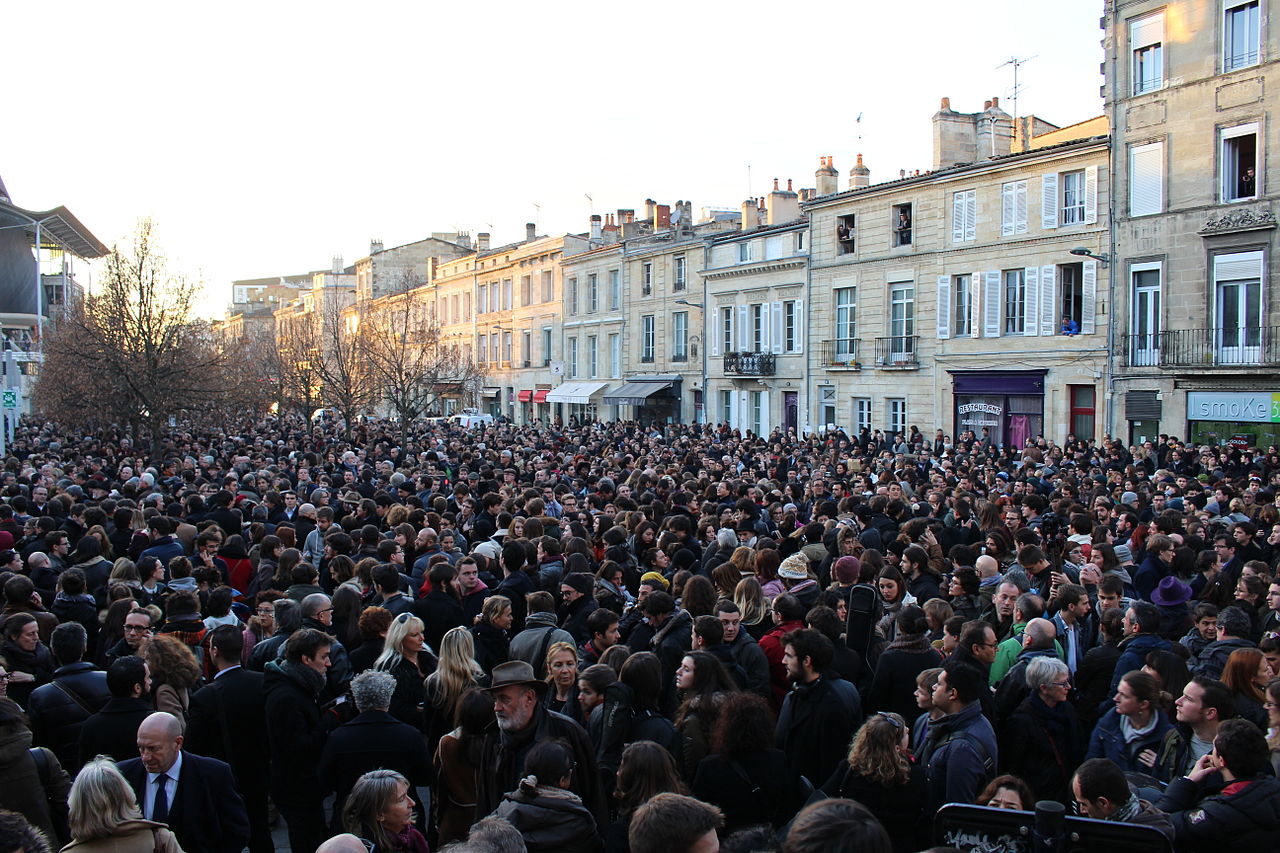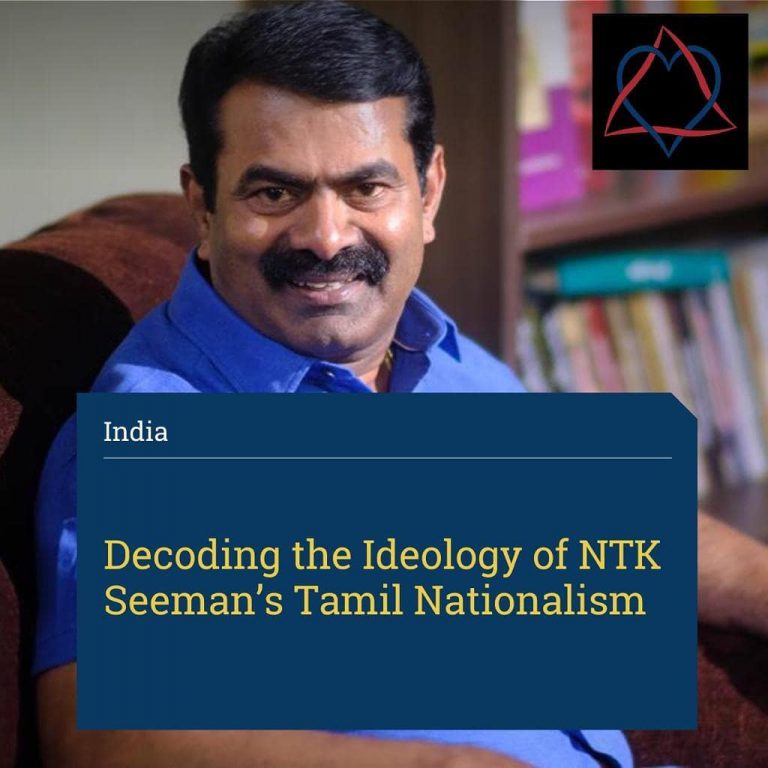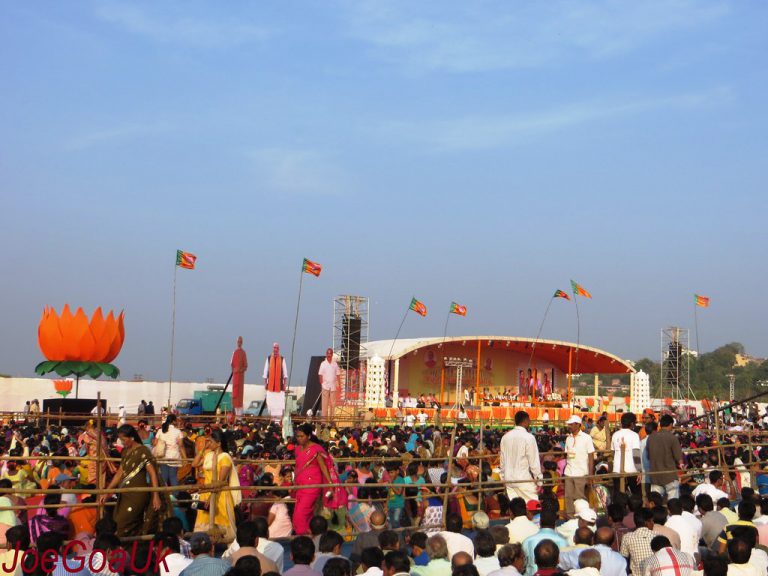Blasphemy laws: What are they and why they should be removed
Rohit Balakrishnan is a writer in philosophy, social issues and current affairs. He is the author of the book “Rational Empathy”, written on the topic of moral philosophy/ethics.
What are blasphemy laws, and why are they talked about a lot these days? In very simple terms, blasphemy laws are laws that punish people for hurting “religious sentiments.” The most common argument offered in support of blasphemy laws is that if someone insults a person’s religion, that person can feel outraged, and this may lead to violence and riots. Most people in the Indian society are conditioned to believe that blasphemy laws are fair. But are they?
Blasphemy laws are evil, both as a matter of principle as well as a matter of practicality.
First, let us discuss it as a matter of principle. What are the causes and effects of violence caused due to blasphemy? Usually, the one who commits the blasphemous act is blamed for the violence. But one could ask if someone feels insulted by another person, is it good to commit violence in response? The only violence that can be morally justified, if at all, is violence in defense against violence. And, insult is not violence. Most people don’t have trouble accepting that if a person insults another person in general matters, there shouldn’t be any legal punishments. Then why the special treatment for “religious sentiments”? Is this special treatment a bonus reward for being extremely enraged? Or is it a reward for the widespread popularity of this rage?
Generally, it is understood that an epidemic is worse than a disease. Somehow, the logic flips on the topic of religion.
Many people agree that violence against insult, including religious insult, is wrong. Therefore, they suggest an alternative: Lock up the person. For what purpose? To satisfy the demands of the violent mob? Generally, civilized societies don’t have trouble accepting that it is the violent ones and only the violent ones that need to be locked up. That’s what we agree when a person tries sexual assault or robbery, for example. We only lock up the violent ones and not the victims.
Again, the logic flips on the topic of religion.
Additionally, when we lock up a person so that a violent mob is appeased, we commit violence against that person. The argument that locking up the person prevents violence from happening completely falls flat on its face: Violence is violence, whether it is the mob that does the violence or the government/law that does the violence. Does forcefully caging a person, keeping him locked up in a jail in response to people feeling outraged by him sound okay to you?
Secondly, there is a practical argument: “Sure, it is not ideal to jail a person for insulting religion, but otherwise the society will erupt in violence. Hence, it is better to jail the person so that that mob violence will reduce in the society.” This argument, notwithstanding the violation of principles, is also practically unsound.
Look around the world: Most of the western countries have little or no blasphemy laws in place. Most Asian and North African countries, on the other hand, do have blasphemy laws. Where do we see more religious mob violence? There is little to no religious mob violence in the societies that have little to no blasphemy laws. The reverse is generally true in countries with stronger blasphemy laws. The apparent exceptions are some countries with blasphemy laws so strict that the government has religious police picking up people from their homes for blasphemy, which is basically a religious mob with a government sanction.
(It is also important to note that sometimes, blasphemy laws are re-branded in milder forms as “hate speech laws.”)
Sometimes in some Muslim majority countries, a blasphemer is put to death after being judged as an apostate (someone who renounced Islam). Below is a map of countries where blasphemy or an offense like blasphemy is punishable by death (Source: Wikipedia).
If you’re not convinced by that correlation, then look around in countries which strengthened their blasphemy laws to see a case study in mob violence. Pakistan strengthened their blasphemy laws and made it much more strict in the 1980s during Ziaul Haq’s regime. Did mob violence over blasphemy reduce after this? It went through the roof. Today, as I write this post, an alleged blasphemer was shot dead in Pakistan. Two weeks before, another one was shot dead in a court and openly hailed by thousands as a martyr.
Note: India has a blasphemy law — IPC 295A, which is mild compared to the stricter ones that award the death penalty such as the one in Pakistan and other countries shows the in the map above, but still a huge obstacle to freedom of speech and expression and routinely used to suppress dissent.
Leaving aside the violence committed to locking up the person, why does mob violence not reduce due to stronger blasphemy laws? That’s because these laws increase the entitlement of the mob rather than reduce their tendency to commit violence. Given enough time, mobs who riot over the downright insult of religion will move on to more trivial matters — matters such as being offended about finding the name of a prophet written in diapers, the removal of the name of a prophet from an electoral oath, someone merely claiming to be a prophet themselves. Find that amusing? Each of the above were real cases from India and Pakistan.
Some people might think: “Blasphemy laws may be bad, but is it such an important issue to focus on?” It is, indeed, a very important issue — the impacts of which are highly underestimated by the wider society, which generally thinks: “Why can’t we just stop offending believers and move on to other real-life issues?” The reality is that the entitlement of the mob to muzzle speech that offends them has lasting and possibly disastrous consequences. When we accept that a community feeling outraged is reason enough to avoid talking critically about those issues, the following happens: Bad ideas get shielded from criticism, people preach such ideas largely unopposed, and the general public over time becomes less aware of the problems posed by such issues.
Again, I will point to Pakistan being a case study on this topic. Pre-1980s, the blasphemy laws in Pakistan were no bigger than that of India. And today, they are way worse. To illustrate the extremely negative effects of adopting blasphemy laws, take a look at section 298C of Pakistan Penal Code:
298C: “Any person of the Quadiani group or the Lahori group (who call themselves ‘Ahmadis’ or by any other name), who, directly or indirectly, poses himself as a Muslim, or calls, or refers to, his faith as Islam, or preaches or propagates his faith, or invites others to accept his faith, by words, either spoken or written, or by visible representations, or in any manner whatsoever outrages the religious feelings of Muslims, shall be punished with imprisonment of either description of a term which may extend to three years and shall also be liable to fine.”
The above law prohibits Muslims of the Ahmadiyya sect of Islam (considered heretical by many) from a host of different things: Calling themselves as Muslims, posing themselves as Muslims, or in any manner — written or visible — outraging Muslims. How could such seemingly bizarre and fundamental restrictions on freedom of expression for a group of people in a country be ever justified? Because it can “outrage the religious feelings of a community.” How easily one can justify any restriction on basic freedom over such a subjective excuse!
This is why we should never accept, in principle, the idea that hurt religious sentiments are justifiable reasons to muzzle freedom of speech and expression. Having to put up with such laws starting from the 1980s has led to an absolute disaster today in Pakistan. Today, it is extremely dangerous to even publicly oppose a blasphemy allegation in Pakistan, especially in a court of law. So much so that judges and lawyers alike fear for their lives at the possibility of being harmed over delivering an opposing verdict or making opposing arguments.
Any society that caves to mob pressure or is not serious about getting rid of blasphemy laws can most definitely go down the path Pakistan took starting from the 1980s. The situation in countries like Saudi Arabia, Iran, etc. is hardly any better: The primary difference is that it is a mob of state-sanctioned religious police that commit the vast majority of the violence.
Thus, blasphemy laws are evil, both in terms of principle as well as in terms of practicality. They ought to be removed for the advancement of the society. Pushing back and getting rid of these laws is highly important: And the first step towards realizing this goal is winning over public opinion.
References
- https://www.loc.gov/law/help/blasphemy/index.php
- https://law.emory.edu/eilr/content/volume-28/issue-1/comments/can-i-say-that-blasphemy-law.html
- https://www.thenewsminute.com/article/hyd-muslim-group-says-cartoon-diapers-resembles-mohammed-urdu-files-complaint-76938
- https://www.refworld.org/docid/5a9fc66da.html
- https://edition.cnn.com/2020/07/31/asia/american-in-pakistan-blasphemy-shooting-intl-hnk/index.html









Well written.